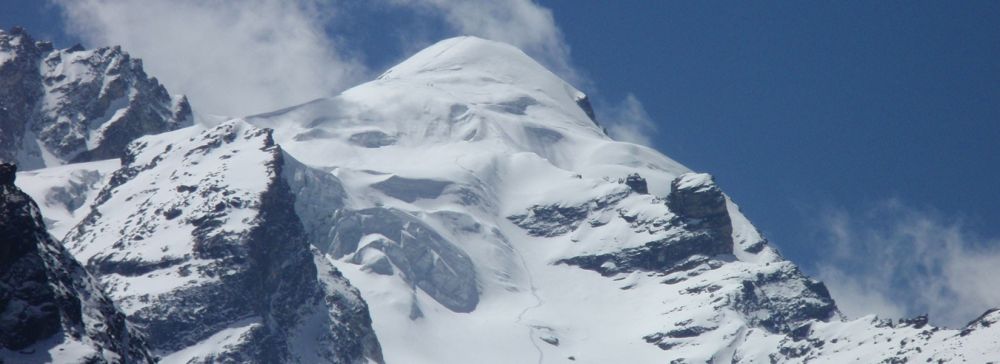

Nestled in the majestic highlands of Helambu, Nepal, the Baden-Powell Peak, also known as Urkema Peak, stands as a testament to Nepal's rich tourism history. Named after the founder of the Scout Movement, Lord Baden-Powell, the peak has become an emblematic site for scouts as well as trekking enthusiasts around the world.
The official designation of Baden-Powell Peak as a tribute to the scouting movement took place in 2007. This was a significant development in the history of Nepalese tourism, aligning with the centennial celebrations of scouting worldwide. Standing at an elevation of 5,718 meters, it serves as a symbol of the solidarity and the adventurous spirit promoted by scouting.
Tourism in the Helambu region, and particularly around Baden-Powell Peak, began to flourish during the late 20th century. Trekkers and adventure seekers were drawn to the serene natural beauty, diverse cultural experiences, and the relatively uncrowded trails compared to more frequented areas like Everest Base Camp and Annapurna Circuit.
The growth in tourism led to the gradual development of trekking infrastructure in the region. Lodges, teahouses, and better-marked trails have developed over the years, making Helambu and Baden-Powell Peak more accessible to international hikers and scouts wishing to embark on a journey of self-discovery and challenge.
In recent times, there has been an increased focus on sustainable tourism practices in Nepal. Communities in Helambu have benefitted from tourism revenues, and there is a notable emphasis on preserving the pristine nature of the region and its cultural heritage.
The latest trends in tourism around Baden-Powell Peak and the Helambu region point towards adventure tourism and eco-friendly approaches. Tourists are looking for authentic experiences that offer a blend of adventure, culture, and ecological awareness. The region responds to these trends by offering guided trekking, homestays, cultural tours, and opportunities to participate in preservation efforts.
Technology has also played a crucial role in enhancing tourism experiences. Digital mapping, online booking systems, and social media have made it easier for trekkers to plan their trips and share their experiences in real-time, broadening the appeal of remote destinations like the Helambu region.
Despite its growing popularity, the tourism industry around Baden-Powell Peak faces challenges such as ensuring sustainability, preserving local culture, and immediate impacts from global phenomena like climate change and pandemics. However, these challenges also create opportunities for innovation and the development of new tourism models that prioritize the environment and communities.
With its historical significance and ongoing development, Baden-Powell Peak in Helambu, Nepal remains a beacon for tourists seeking adventure, cultural richness, and the serene beauty of the Himalayas. The history and future of tourism here are both rooted in a respect for nature and local traditions, promising a unique and meaningful experience for all who visit.